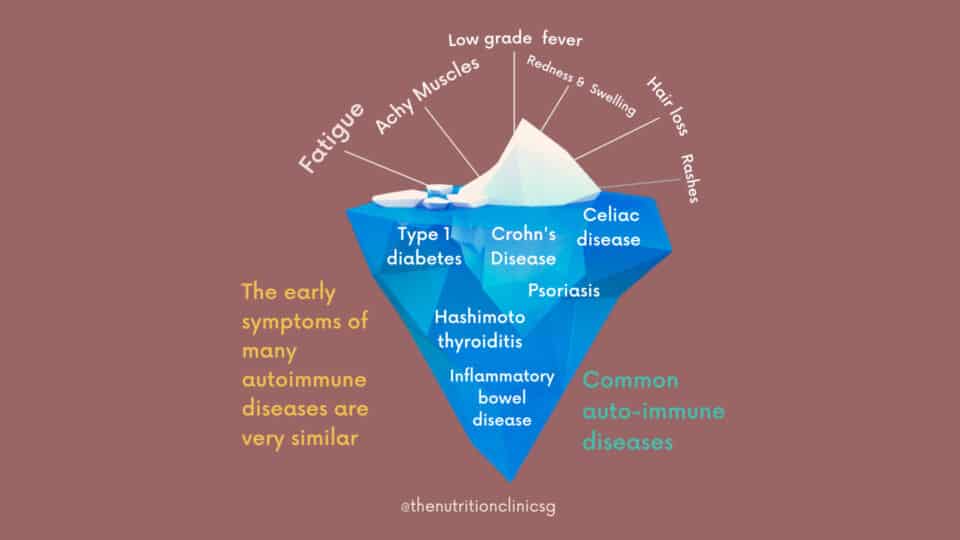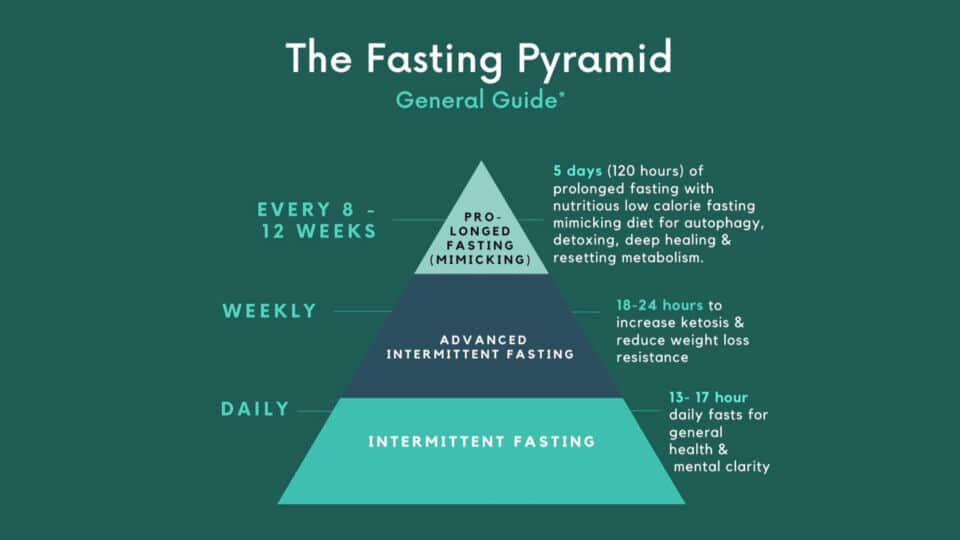Brain fog and fatigue: Through the Functional Medicine lens

Brain fog, which includes fatigue, along with a lack of focus and clarity, is a common complaint. Most people reach for an extra cup of coffee as a coping mechanism— but that doesn’t address the underlying issues.
Our client, Melanie*, came in to see us with brain fog and what she described as the kind of fatigue that won’t be resolved by simply getting extra sleep.
“It feels like this deep, deep exhaustion and fuzzy feeling in the brain.” she said.
She also said that she sometimes forgets words and can’t concentrate on work, especially post-lunch.
By working on the root causes of her brain fog symptoms we achieved lasting change — and the same strategies that helped her with energy and focus also erased other symptoms.
Profile: Melanie*
Age: Late 40s
Symptoms: Low Energy, Brain Fog, Poor concentration, Bloating
Here are Melanie’s results from working with us over the last 6 months. Here we have tracked her symptoms based from 10 being the worst to 0 being fully resolved:

Common causes of brain fog include lack of certain vitamins, lack of quality sleep, gut dysbiosis, as well as low neurotransmitter makers. Here’s what we’ve worked on with Melanie for the last 6 months:
1. Optimising hormones and thyroid
Simply adjusting what’s on your plate can have a huge impact on fatigue and brain fog.
Shifting what’s on your plate is the most powerful step you can take to improve energy levels. 80% percent of our clients experience an improvement in energy within the first 6 weeks of working with us
From her food journal, we noticed that Melanie was having a refined carb-rich breakfast. We adjusted her diet to include protein and good fats which helped optimize get blood sugar levels, keeping energy stable and cravings at bay.
2. Optimising blood sugar
Food sensitivity testing found that Melanie was sensitive to cow’s milk, gluten, and almonds.
When you eat foods that you’re sensitive to, it results in inflammation in the body. Inflammation then disrupts hormonal signaling causing symptoms such as brain fog, fatigue, and joint pain.
Unlike food allergies and food intolerances, food sensitivities can be reversed and are not forever. Her bloating dramatically reduced from an 8 to a 2 on her Symptoms Tracking Card after just 1 month of making these diet changes. Melanie was also recommended to remove food sensitivities from her diet for at least 6 months to allow her for gut healing.
3. Food sensitivities + inflammation
From the food sensitivity test that we run, we found out that Melanie had sensitivities to cow’s milk, gluten, and certain fruits.
When you eat foods that you’re sensitive to (for example dairy products for those who are lactose intolerant) or have a food allergy this causes inflammation in the body. Inflammation then disrupts hormonal signaling causing symptoms such as brain fog, fatigue, and joint pain; not just in these areas but also around them too!
For example, someone who has digestive problems may notice these symptoms as well as their skin becoming inflamed due to diet-related inflammation.
nlike food allergies and food intolerances, food sensitivities can be reversed and are not forever. Her bloating dramatically reduced from an 8 to a 2 on her Symptoms Tracking Card after just 1 month of making these diet changes. Melanie was also recommended to remove food sensitivities from her diet for at least 6 months to allow her for gut healing.
4. Healing her leaky gut/ gut dysbiosis
From Melanie’s Gut Microbiome test, we found that she had extremely low probiotics.
There is a close relationship between your gut health and brain health — and central to that is the population of gut flora.
If you suffer from gut dysbiosis or leaky gut syndrome – which can be caused by long-term use of antibiotics, anti-inflammatory medications, food sensitivities, or prolonged stress– your intestinal lining becomes permeable, allowing toxins to enter your bloodstream and travel to other parts of the body including the brain.
The damage weakens the tight junctions between cells, allowing larger particles to seep into the bloodstream where they should not be present—this is called “molecular mimicry” as these foreign particles resemble those normally found in our bodies and therefore get attacked by them instead.
When this happens over time and repeatedly, inflammation ensues leading up to chronic inflammation and downstream problems throughout your body which could result in fatigue.

5. Not getting proper sleep based on circadian rhythm
Sleep is not just a time of rest, but it’s also when the body repairs and regenerates. Hormones are released during sleep, so your body can function better.
Even though Melanie was clocking 7- 8 hours of sleep per night, her wearable device showed that she wasn’t getting adequate deep sleep.
By optimizing her sleep hygiene we were able to improve her sleep quality.
Deep sleep is non-negotiable. Healing cannot take place in a body that is in a state of being wired.
Sleep is also when you go through your brain’s daily cycle of activity: you’re awake when you’re walking around, but then your body goes into a deeper sleep as it organizes and records what happened that day. If you don’t get enough quality sleep, this process doesn’t work properly—and the result can be fatigue or foggy thinking.
6. Getting sunshine and vitamin D
From the Nutritional Deficiency test that we run, we found out that Melanie has very low levels of Vitamin D.
Vitamin D works as a potent antioxidant and anti-inflammatory in your brain. By supplementing with vitamin D3 and a prescription of daily morning walks — even if it was for 10 mins, Melanie’s mood and energy levels were boosted.
The causes of brain fog and fatigue can either be physical or mental in nature – but one thing’s for sure is that none of them feel good. How do you know which one is plaguing you?

What first steps can I take to manage my brain fog?
In order to identify the source(s) of your brain fog with a lifestyle point of view, start by taking a look at what your life looks like on paper:
- Am I sleeping too late?
- Am I getting enough sunshine and Vitamin D?
- What does your schedule look like?
- Are there any gaps in it that could be contributing to this feeling?
- Do you have daily routines or habits that might not be serving your needs as well as they should be?
Getting to the root cause of your symptoms
Treating brain fog or fatigue as separate symptoms without taking into consideration the whole picture doesn’t address these symptoms holistically, so they keep coming back. In Functional medicine, we look at your:
- Personal health history
- Family Health history
- Lifestyle factors
- Diet
- Lab tests – food sensitivities, nutritional deficiencies, gut microbiome, sleep and stress
Functional medicine is holistic, personalized, and addresses root causes. It takes into account a patient’s lifestyle factors and underlying conditions—these can include gut health, sleep habits, diet, hormonal balance, stress levels, and more.
Functional medicine treats the whole person rather than just looking at one or two symptoms as separate entities. This allows for a deeper understanding of how all these factors affect each other in order to create a comprehensive plan that can tackle your brain fog or fatigue holistically.
Better Health Starts Here
Ready to take your health to the next level or learn more about the 6-month Programme that helped Melanie regain her sense of self? Book a free 10-min enquiry call with our care team here.
Or Book your First Consultation with our Functional Nutritionist to get started on your health optimisation plan today. *First Consultation fees will be waived off if you sign up for our 6-month programme.

